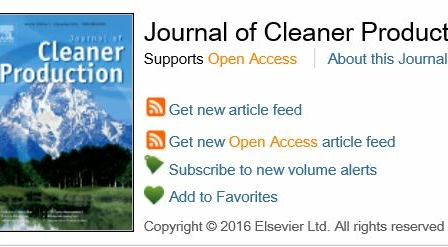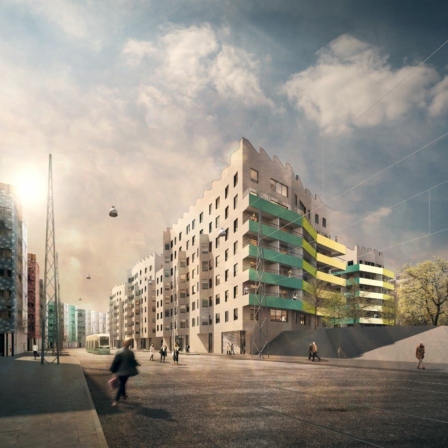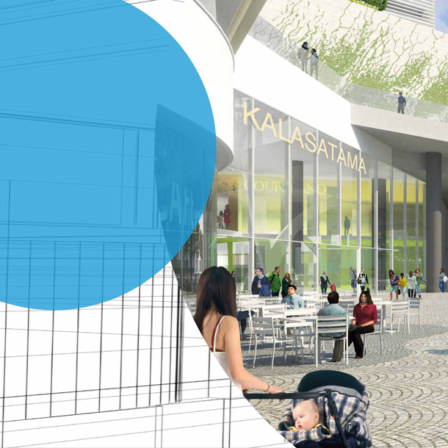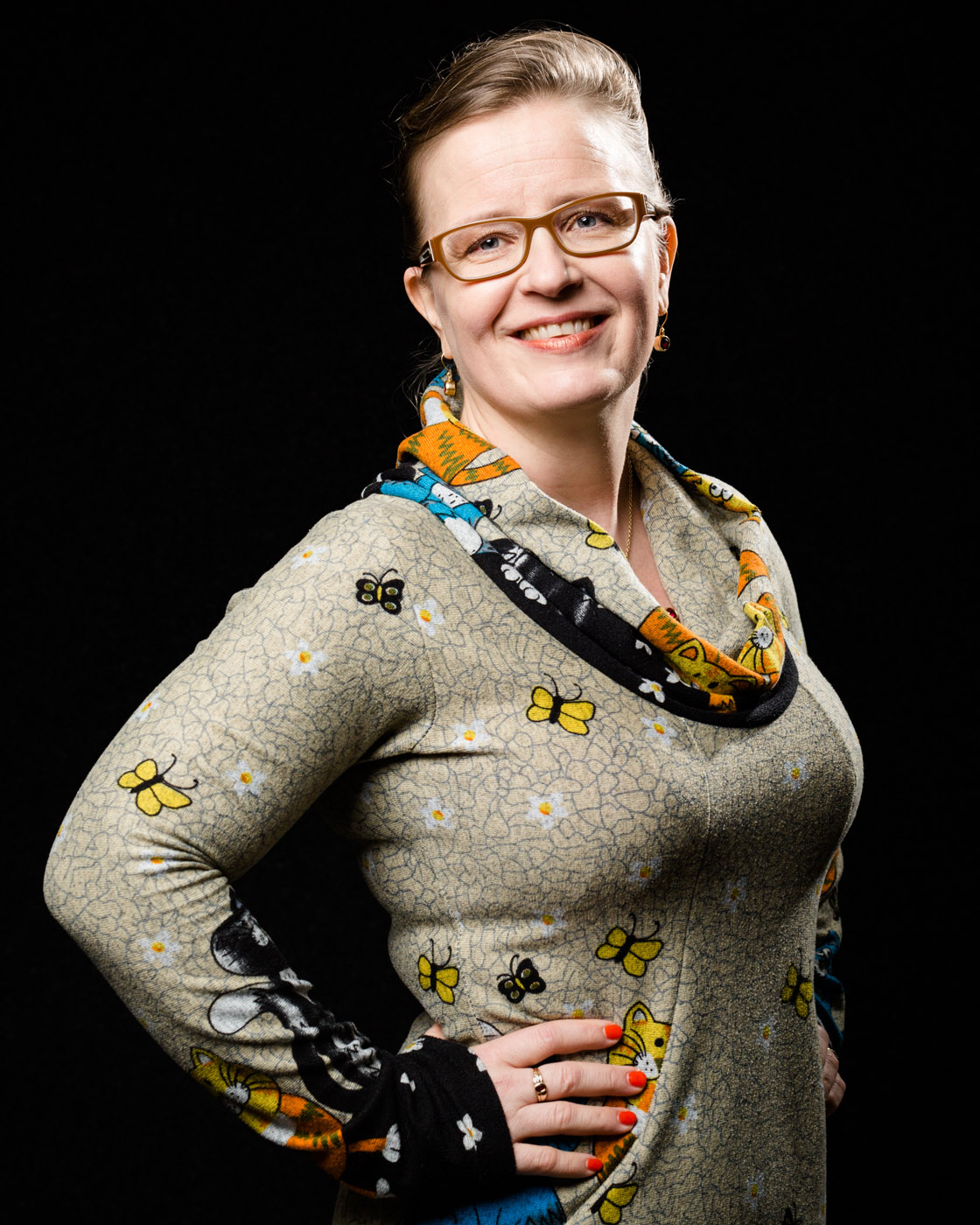LOW2NO
Constructing an ecological urban life.
Low2No – what’s that?
Closed project (2009-2012)
Low2No is an approach to engineering and construction which results in a sustainable built environment and creates the preconditions for ecological urban life.
Low2No comes from the phrase “from low carbon to no carbon”. It is an ongoing development project which seeks to promote a gradual transition from low-carbon to carbon-free urban construction. The goals are the real-time monitoring of carbon dioxide emissions and a continuous decrease in energy consumption.
The approach promotes a healthy and welcoming living environment and encourages people to adopt a sustainable lifestyle, helping to create a diverse and collaborative urban community.
The aspects of the model include a holistic approach to development and planning, which combines the construction industry’s planning traditions with functional planning during the in-use phase. Over the years, the points of focus of the Low2No approach will shift and develop, and different projects will focus on different aspects.
Low2No development includes low-energy, low-carbon engineering and construction, yet energy efficiency here is only one dimension of sustainability in urban planning. Encouraging consumption patterns which minimise the burden on the environment is the key. The goal is to affect people’s preconceptions about residential areas and to create new preconditions for construction and living. These development efforts will give rise to a new urban culture and a new way of living.
Applying Low2No – from city block to district
The smallest unit to which the Low2No approach will be applied is a city block. Low2No is also an ideal approach to the development of an area comprising several blocks, or even an entire district. The thinking behind it is to promote multiple or shared use where different types of functions are housed in the same area. Through local service providers, functions and services are made available to everyone. The community approach finds new expression in the city block. Instead of each building having its own sauna, laundrette or social room, there will be communal spaces where services are provided by local entrepreneurs.
The first city block will rise in Jätkäsaari
A city block in Jätkäsaari will be the first site where the approach is developed and defined in practice. The block will also be constructed according to Low2No principles.
SRV and VVO will build about 200 homes in the block, as well as office space. More than half of the apartments will be owner-occupied, and some will be funded through the Hitas system. The rest will be rented apartments owned by VVO. In addition to a regular supermarket, space is reserved for shops offering local food, a public sauna and a green laundrette, as well as small-scale allotment gardens for residents.
The block will be developed in the lines of “c_Life – City as Living Factory of Ecology”, the winning entry of the international competition on sustainable construction design. From among the 75 international teams which registered for the competition, five groups were invited to submit an entry, with ARUP-Sauerbruch/Hutton-Experientia-Galley Eco Capital taking home the prize.
In June 2012, it was decided that SRV will take over the the development responsibility for the project from Sitra. Sitra will continue in a supervisory role and ensure that the original goals of sustainable well-being are met. SRV will carry out the project in partnership with VVO Group and Sitra will continue as a member of the project steering group. The block will be completed by the end of 2018.
Sitra’s most important task is to develop and build the Finland of the future. Its role is to develop and launch systemic change projects and later transfer the practical application of the projects to permanent, preferably commercial and social actors. This is exactly what is happening with the Jätkäsaari project. Under SRV’s leadership the project will be best positioned towards commercial viability and replicability.
The fact that SRV Group wants to assume the overall responsibility for building the sustainable city block, a project that has attracted international interest, is a prime example of how social and ecological objectives need not be contradictory to financial realities.
PUBLICATIONS
CONTACT
Question?










LATEST